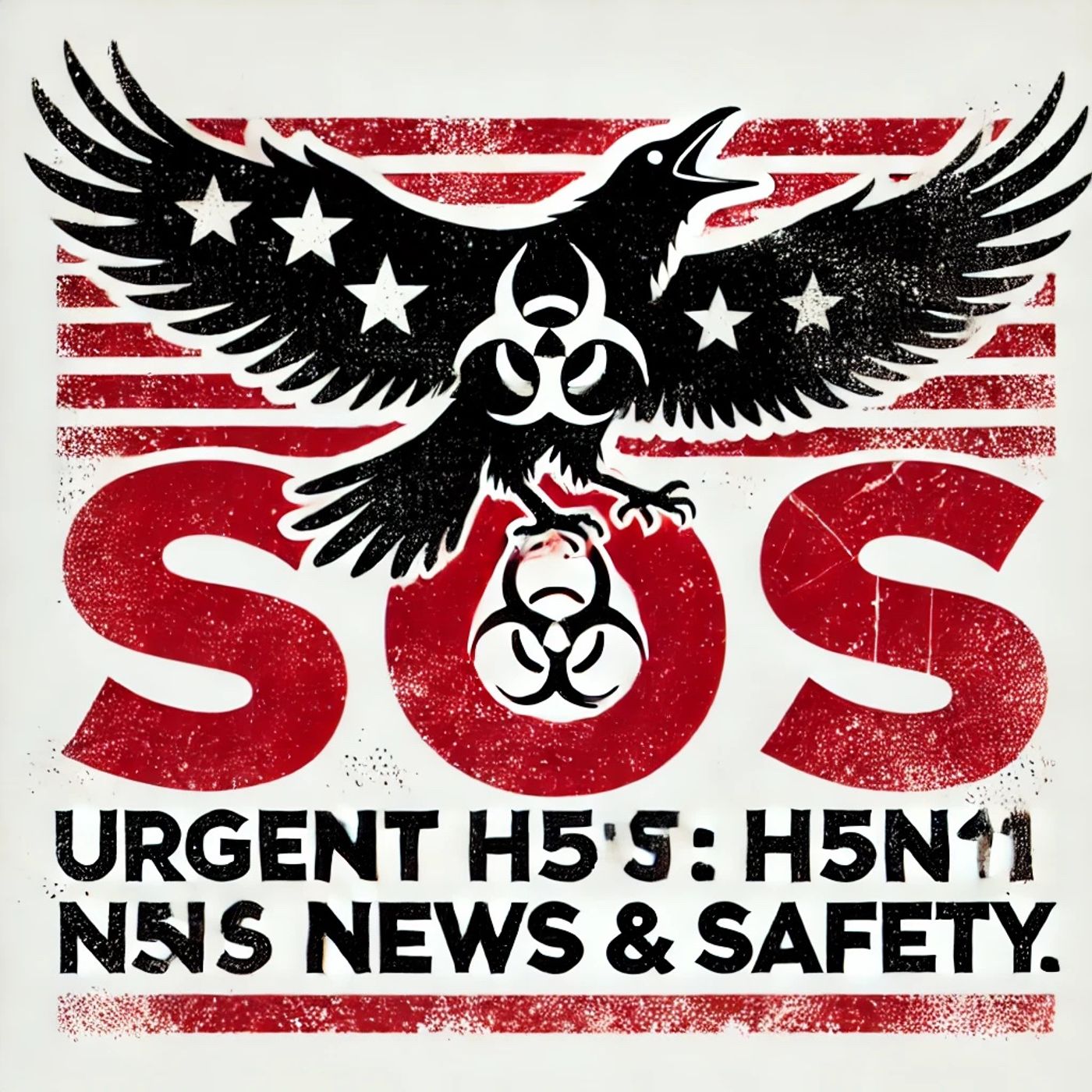Podcast Episode Details
Back to Podcast Episodes
H5N1 Bird Flu Outbreak Spreads Across Colorado Farms Triggering Urgent Public Health Response and Worker Safety Measures
This is Bird Flu SOS: Urgent H5N1 News & Safety. Today, we need your immediate attention for a rapidly evolving situation: Weld County, Colorado, has become the epicenter of a multi-species outbreak of H5N1 avian influenza, or bird flu, with confirmed spread among poultry, dairy herds, and, critically, farm workers. According to the World Health Organization, H5N1 is a highly pathogenic avian influenza virus capable of infecting birds, mammals, and humans, and recent weeks have seen clusters of cases not just in the U.S., but also in Cambodia and the UK.
In Colorado, local authorities have moved swiftly. As detailed by epidemiological reports, mandatory milk tank testing has begun for dairy farms, following the deaths of dairy cows from H5N1 and transmission events between cows, birds, humans, cats, and even a raccoon. More than ten farm worker cases have now been confirmed, and new research has shown cows without symptoms can silently spread the virus. Dr. Maria Van Kerkhove of the World Health Organization recently stated, “The current outbreak’s scope, involving interspecies transmission and asymptomatic carriers, is unprecedented and demands strict vigilance and rapid response.”
The U.S. Centers for Disease Control and Prevention stresses that while the immediate risk to the general public remains low, the risk for those with direct contact with infected animals—especially on farms or in live-bird markets—is moderate to high. Workers in affected zones must use protective equipment at all times and report any symptoms immediately. The most urgent warning signs to watch for after animal exposure include red, irritated eyes; fever; cough or shortness of breath; and sudden fatigue. Experts urge that anyone experiencing these symptoms—especially farm or poultry workers—should seek medical help immediately and inform providers about possible H5N1 exposure. Local health hotlines are prioritizing fast-tracking testing for those reporting symptoms in outbreak zones.
To minimize spread, state agencies in Colorado, alongside federal partners, have established emergency resources. Residents can find up-to-date advice at the Colorado Department of Public Health website and a new online tracker for local human bird flu cases. The CDC has expanded surveillance in affected counties and is working closely with state governments to monitor the situation. They recommend anyone in or near reported outbreaks avoid visiting farms and handle eggs, poultry, or raw milk with gloves and masks. Cook all meat and eggs thoroughly—consuming raw or unpasteurized products from affected regions is not safe at this time.
As we share these updates, remember the goal is not panic but prevention. Infection among humans remains rare, even in these intense clusters, but the situation evolves quickly. Complacency is the enemy—stay informed, follow public health directions, and take all recommendations seriously.
Thank you for tuning in to Bird Flu SOS. We urge everyone in affected and neighboring areas to remain vigilant, support your communities, and check your local health department’s alerts daily. Come back next week for crucial updates on this rapidly evolving story. This has been a Quiet Please production. For more, visit QuietPlease.AI.
For more http://www.quietplease.ai
Get the best deals https://amzn.to/3ODvOta
Published on 2 weeks, 5 days ago